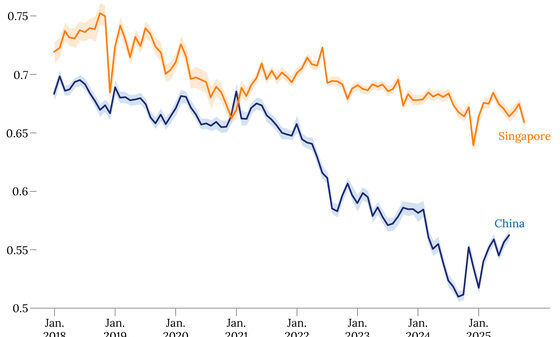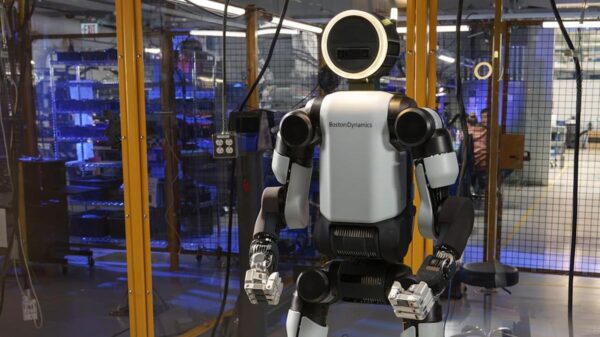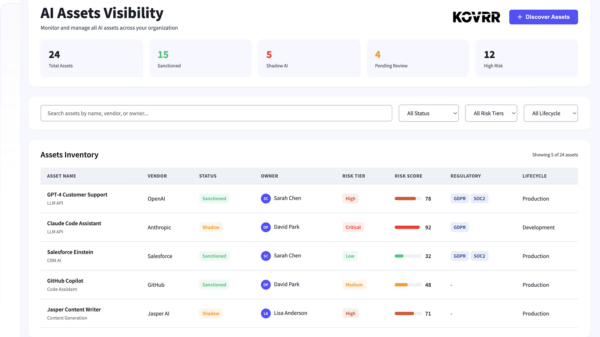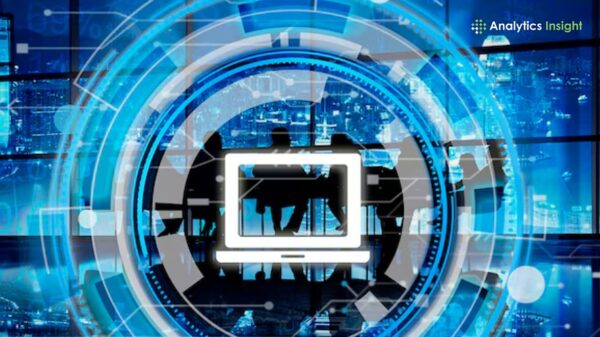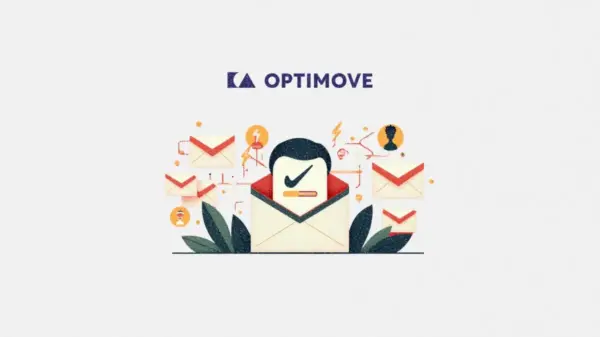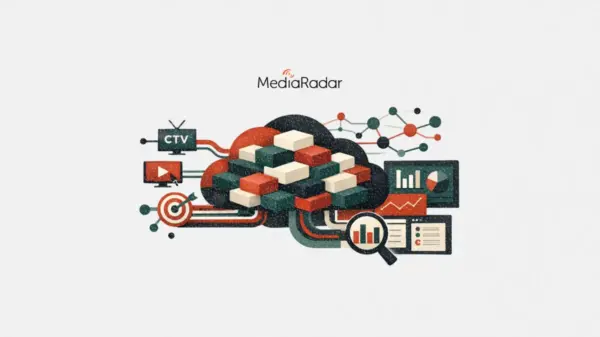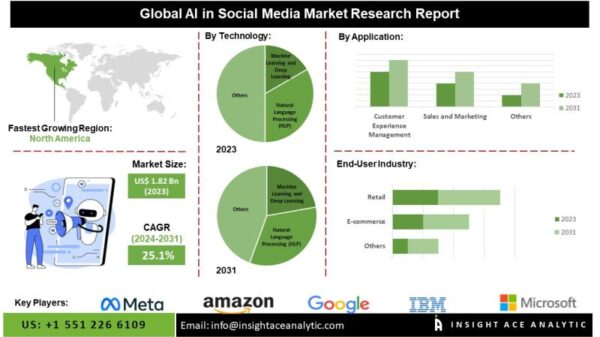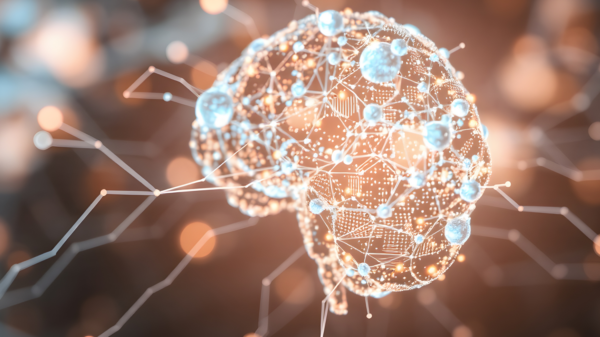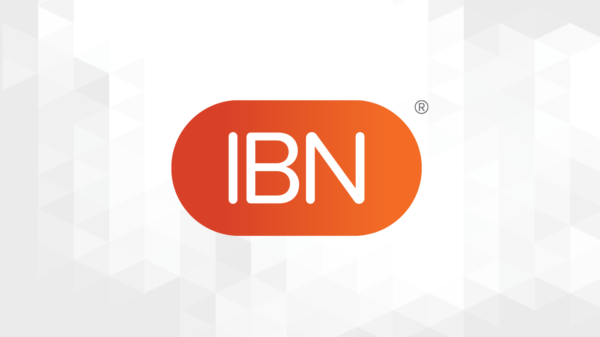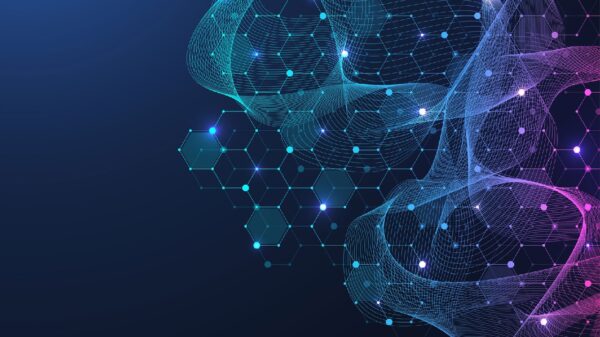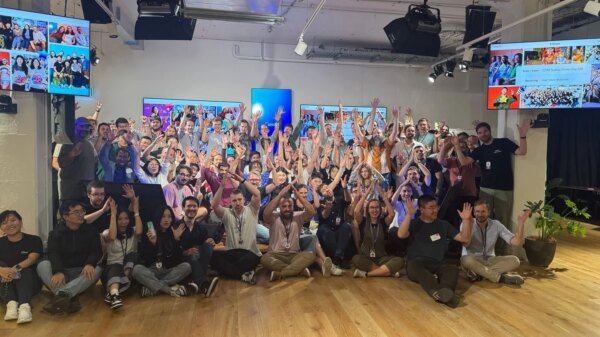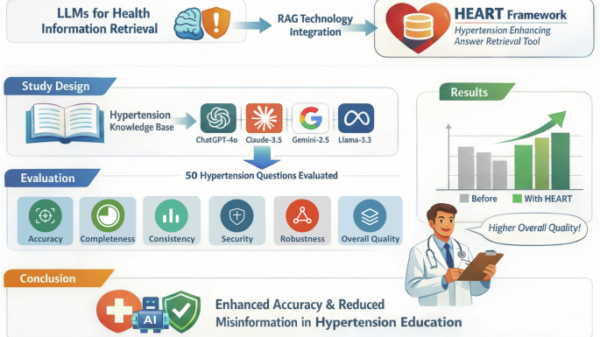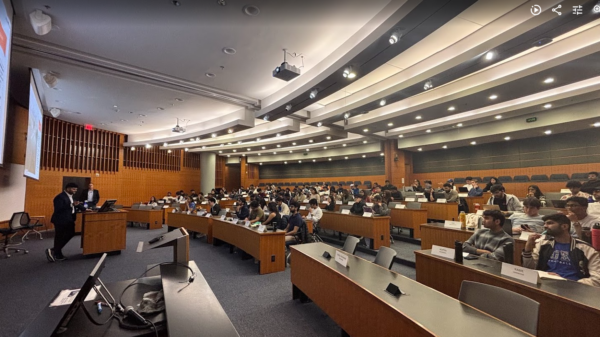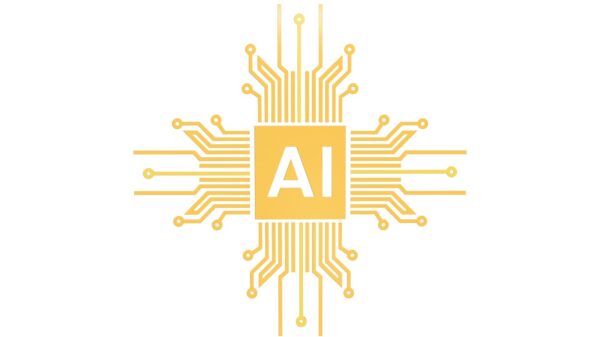The discussions around the power and potential of **agentic AI**—which is characterized by its adaptive, automated, and independent nature—took center stage in cybersecurity conversations throughout 2025. According to **Barracuda’s** Vice President of Engineering and Managing Director, the expectations for agentic AI in 2026 are poised to significantly impact cybersecurity strategies.
The key feature of agentic AI is its ability to operate with minimal or no human supervision. Multiple AI agents will collaborate and execute tasks to achieve specific objectives. While this can enhance efficiency, it also raises significant security concerns. One of the major risks involves the potential for hijacking or poisoning agent-to-agent communications. Attackers could leverage **malicious information** to manipulate these interactions, complicating detection and mitigation efforts. The absence of human oversight means that anomalies may go undetected for longer periods, heightening the vulnerability of systems.
Furthermore, the evolution of agentic AI is expected to usher in a new phase marked by the rise of **adaptive polymorphic malware**. This type of malware has the capability to assess its target’s environment and security measures autonomously. It can modify its own code and behavior in real time, effectively bypassing traditional defenses that rely on known signatures or behavioral patterns. As a result, organizations may find it increasingly challenging to protect against such sophisticated forms of malware.
Implications for API Security
Another critical area of concern is the anticipated increase in the misuse of public-facing **application programming interfaces (APIs)**, **API gateways**, and **agentic service APIs**. As organizations integrate agentic AI tools, they will need adaptive API lifecycle management strategies to manage the dynamic creation and destruction of APIs. This is crucial for ensuring secure communication between agents and their users, emphasizing the need for robust security practices.
To bolster the security of their agentic AI implementations, organizations must adopt several AI-specific security measures. One of the foremost requirements is implementing strong **identity and access management (IAM)** protocols for AI agents. Treating each agent as a standalone entity allows for better oversight of user access and resource privileges. Additionally, extending a **zero-trust framework** to AI agents ensures that every action is verified and validated, irrespective of past behaviors.
Organizations will also need to enhance their monitoring capabilities to swiftly identify any deviations in operational behavior. Effective security measures for agent-to-agent communications are crucial, including proper authentication, encryption, and logging for traceability. This will help safeguard against attacks designed to compromise communication integrity.
Compliance and Standards
In light of these evolving challenges, organizations must ensure compliance with established guidelines such as the **NIST AI Risk Management Framework**. Understanding and adhering to these standards will be vital for navigating the complexities associated with agentic AI.
As organizations continue to implement agentic AI technologies, they must remain vigilant about the security implications. The landscape of cybersecurity is shifting, and the integration of these advanced AI systems will demand innovative approaches to safeguard sensitive data and maintain operational integrity.
In conclusion, while agentic AI presents significant opportunities for efficiency and automation, it also introduces considerable risks that organizations must proactively address. Enhanced security frameworks and compliance with industry standards will be essential for leveraging the benefits of this technology while mitigating its associated threats.
See also DeepKeep Recognized in Gartner’s 2025 AI Cybersecurity Report Amid Rising Threats
DeepKeep Recognized in Gartner’s 2025 AI Cybersecurity Report Amid Rising Threats Virtual Infosec and Exabeam Launch AI-Powered Cybersecurity Solutions for Ghana’s Businesses
Virtual Infosec and Exabeam Launch AI-Powered Cybersecurity Solutions for Ghana’s Businesses Scammers harness generative AI to craft social-media ads that mimic real influencers and brands
Scammers harness generative AI to craft social-media ads that mimic real influencers and brands 2026 Fintech Predictions: AI Threats Surge, Cybersecurity Costs Reach $57B
2026 Fintech Predictions: AI Threats Surge, Cybersecurity Costs Reach $57B Cyber Agencies Urge ISPs to Combat “Bulletproof” Hosts as CSA Launches AI Risk Framework
Cyber Agencies Urge ISPs to Combat “Bulletproof” Hosts as CSA Launches AI Risk Framework


